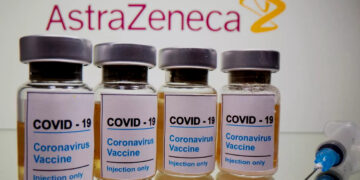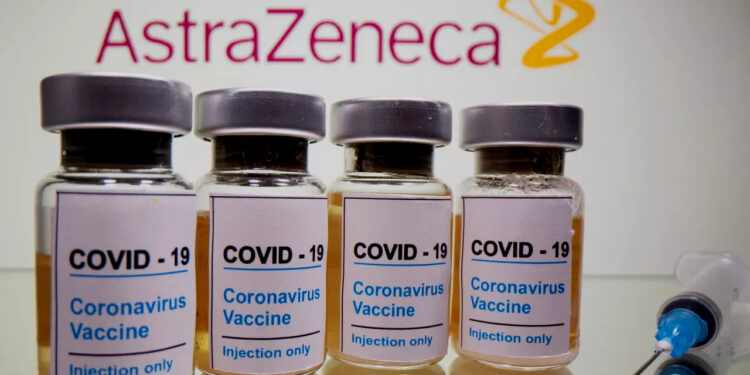By John Ikani
AstraZeneca, a major pharmaceutical company, has officially requested the withdrawal of its COVID-19 vaccine authorization from the European Medicines Agency (EMA).
An update on the EMA’s website, states that the approval for Vaxzevria, the brand name for the AstraZeneca vaccine, was withdrawn “at the request of the marketing authorization holder.”
Initially approved in 2021, the vaccine faced controversy due to rare blood clot concerns. This led to temporary suspensions of its use in various countries.
Although the EMA concluded the overall risk was low, doubts persisted. Additionally, limited data on its effectiveness in older adults resulted in initial restrictions.
The AstraZeneca vaccine, being cheaper and easier to produce, played a crucial role in supplying poorer nations through a U.N. program.
However, later studies indicated that pricier mRNA vaccines by Pfizer-BioNTech and Moderna offered superior protection against COVID-19 and its variants. Consequently, most countries shifted to these newer options.
The U.K. heavily relied on the AstraZeneca vaccine in its 2021 national immunization program. Notably, scientists at Oxford University, with significant government funding, played a key role in developing this vaccine.
However, Britain later purchased mRNA vaccines for booster programs, leading to the AstraZeneca vaccine’s declining global usage.



































